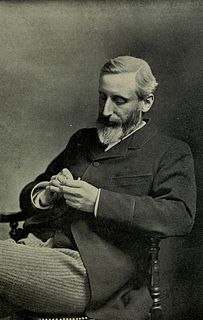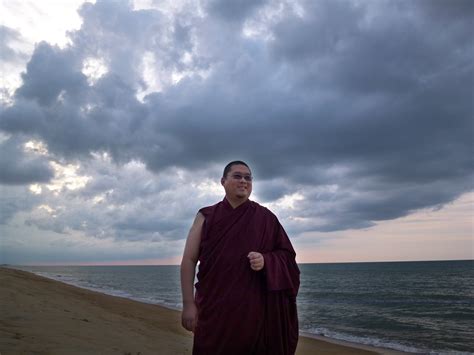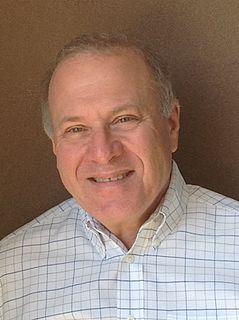A Quote by Mark Twain
What is the most rigorous law of our being? Growth. No smallest atom of our moral, mental, or physical structure can stand still a year. It grows - it must grow; nothing can prevent it.
Related Quotes
What is the most rigorous law of our being? Growth. No smallest atom of our moral, mental, or physical structure can stand still a year. It grows--it must grow smaller or larger, better or worse--it cannot stand still. In other words, we change--and must change, constantly, and keep on changing as long as we live. What, then, is the true Gospel of consistency? Change. Who is the really consistent man? The man who changes. Since change is the law of his being, he cannot be consistent if he's stuck in a rut.
We recognize that our progress as a species does not have to be defined in terms of wealth or material and physical growth any more than our progress as individuals has to be defined in terms of physical growth. Physical growth of the body reaches a limit, but the character and the soul of the individual continues to grow, or at least has a chance to continue, often to our last breath. It is simple minded to define our well being in material terms, when that well-being has an aesthetic dimension, and intellectual dimension, a moral dimension.
I think moral philosophy is speculation on how we ought to live together done by people who have very little clue how people work. So I think most moral philosophy is disconnected from the species that we happen to be. In fact, they like it that way. Many moral philosophers insist that morality grows out of our rationality, that it applies to any rational being anywhere in the universe, and that it is not based on contingent or coincidental facts about our evolution.
I place economy among the first and most important virtues and public debt as the greatest dangers to be feared. To preserve our independence, we must not let our rulers load us with perpetual debt. If we run into such debts, we must be taxed in our meat and drink, in our necessities and in our comforts, in our labor and in our amusements. If we can prevent the government from wasting the labor of the people, under the pretense of caring for them, they will be happy.
We grow because the clamorous, permanent presence of our children forces us to put their needs before ours. We grow because our love for our children urges us to change as nothing else in our lives has the power to do. We grow (if we're willing to grow, that is: not every parent is willing) because being a parent helps us stop being a child.
Physical education for the body to be effective must be rigorous and detailed, far sighted and methodological. This will be translated into habits. These habits should be controlled and disciplined, while remaining flexible enough to adapt themselves to circumstances and to the needs of growth and development of the being.
Our deepest calling is not to grow in our knowledge of God. It is to make disciples. Our knowledge will grow -- the Holy Spirit, Jesus promised, will guide us into all truth. But that's not our calling, it is His. Our calling is to prepare the world for Christ's return. The world is not ready yet. And so, we go about introducing a dying world to the Savior of Life. Anything we do toward our own growth must be toward that end.
We encounter the grinding wheels that sharpen our mental blades many places in life. Adversity, school, parents, spiritual guides, books, experience are all sharpening teachers. As we grow older, to stay sharp we must find new grindstones to whet and sharpen our potential and keep us at our brightest, most penetrating best.




































